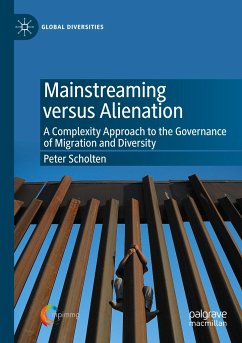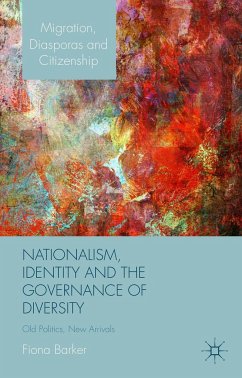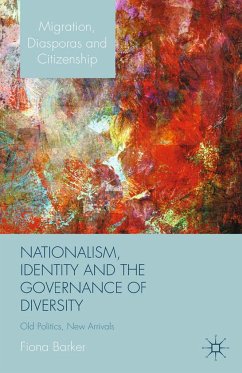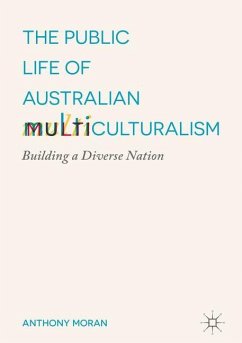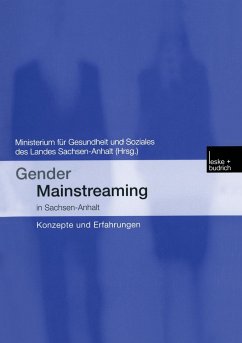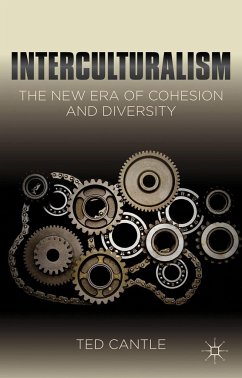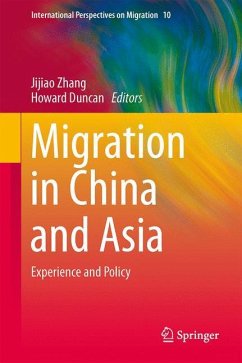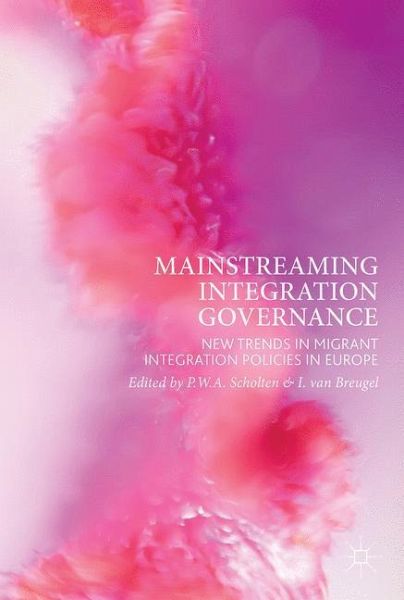
Mainstreaming Integration Governance
New Trends in Migrant Integration Policies in Europe
Herausgegeben: Scholten, P. W. A.; Breugel, I. van

PAYBACK Punkte
49 °P sammeln!
This book provides a critical analysis of mainstreaming as one of the major contemporary trends in immigrant integration governance in Europe. Bringing together unique empirical material and theoretical insights on mainstreaming, it examines how, why and to what effect immigrant integration is mainstreamed. In the context of the rise and fall of multiculturalism across various European countries, this book explores how these countries are rethinking the governance of their increasingly diverse societies. It highlights the trends of a broad approach to immigrant integration priorities, 'mainstr...
This book provides a critical analysis of mainstreaming as one of the major contemporary trends in immigrant integration governance in Europe. Bringing together unique empirical material and theoretical insights on mainstreaming, it examines how, why and to what effect immigrant integration is mainstreamed. In the context of the rise and fall of multiculturalism across various European countries, this book explores how these countries are rethinking the governance of their increasingly diverse societies. It highlights the trends of a broad approach to immigrant integration priorities, 'mainstreamed' into generic policy domains which are now visible throughout Europe. With contributions not only on migration studies, but also policy studies and gender mainstreaming, this edited volume will appeal to scholars across these fields, as well as policymakers and practitioners.



